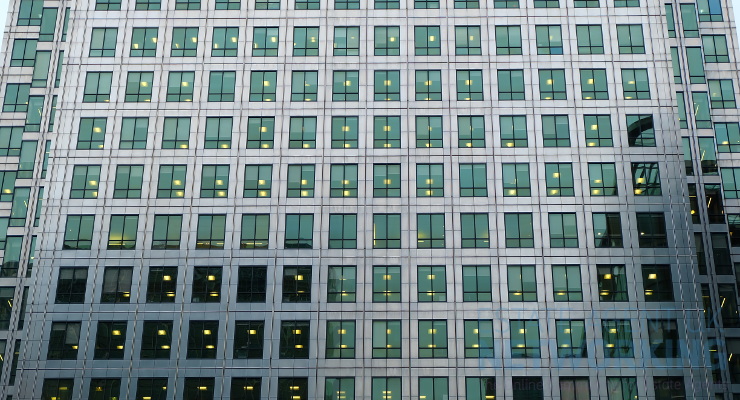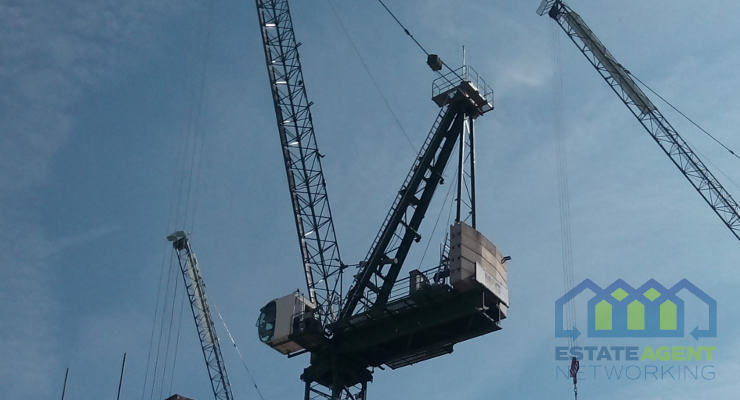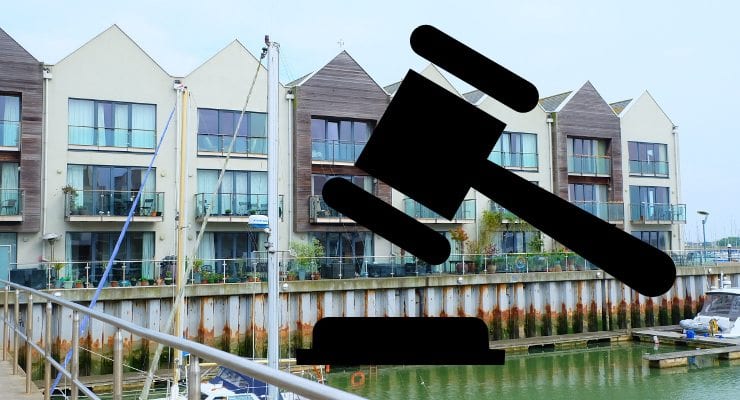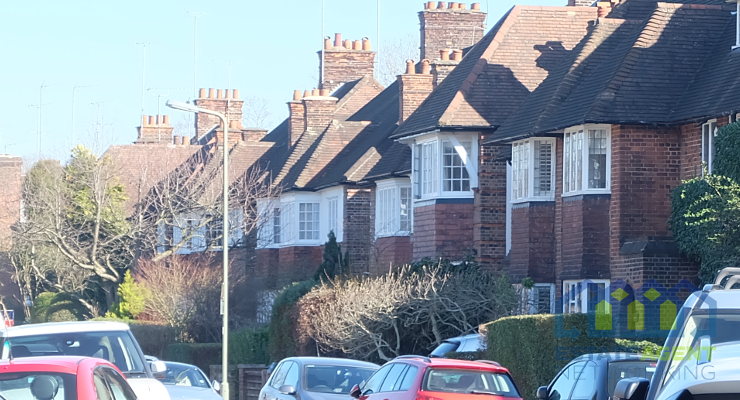Rats and Mice can Frequently be an Issue in Domestic Properties
Rats and mice can frequently be an issue in domestic properties, and with rental properties can lead to loss of tenants and damage to the managing agent’s reputation if the issue is not resolved. Rodents can also be a vector for disease and can chew wiring and piping, leading to expensive repair bills. So, a property has rodents? Surely the answer is to just kill the rodents and yes, this is partly true, but this isn’t a long-term solution. The only way to stop rodents effecting domestic premises in the long run is to block them out!
Amazingly, ‘you have to expect rats’, or ‘we’ve always had a problem with rats’, usually followed by ‘we just put poison down and they go’ are things I repeatedly hear from clients who seem resolved to the fact that they have to share their living space with these furry invaders. If they have used poison, they may temporarily eliminate the issue, then a few weeks later there is an awful smell and after that either a steady stream (in winter) or a sudden plague (in the summer) of blue bottle flies. Then the clock is ticking until the problem reoccurs.
It doesn’t have to be this way! There is an answer, you just need to look a little closer. And to those who still aren’t convinced and think that fixing the issue properly isn’t worth the cost, how much are you going to spend in the long run repeatedly knocking back a reoccurring rat problem?
So, you have had rats, or you have repeatedly had rats but any holes in external walls have been blocked up and rats are never seen around the property yet the issue is still re-occurring. You need to look below your feet, most frequently to the drains. Drains are the highways of rats; they connect everything together in an invisible underground network of pipes that give rats everything they need to live.
There are two reasons why rats will enter a home from the drains and that is to access food and to access a suitable dry, warm nest site out of the cold wet drains. When rats are accessing a property for food, the occupier may not even be aware that they are doing so as the levels of activity can be very low, with an individual rat taking scraps off the floor before leaving again. If they’re nesting, you’ll probably know about it with lots of noise and food taken.
The first issue with drains, especially older drainage systems with clay drainage barrels can be cracks and breaks. Using a fibre-optic inspection camera, drains can be visually inspected.
Old clay drainage barrels can crack over time due to pressure around them such as newer structures built on top of them or tree roots growing against them. Cracked and broken barrels can lead to rats digging out and getting to the surface which can be real problem with houses with extensions built over preexisting drainage.
I hope this article has been helpful and insightful about the topic, however, if you have questions or need some advice for long-term solutions, please feel free to visit our website Greenway IPM and send us a message.
Another thing to look for can be barrels that lead to nowhere, most likely because they are no longer in use. In this instance you would likely find a barrel that is full of soil, as the rats have dug out of the end and the soil has been pulled back into the barrel. if the barrel was still in use the soil would be washed away instead of accumulating.
Another drainage issue can come from back workmanship, where things have not been fitted properly in the first instance. The below picture was taken from an internal inspection chamber (drainage ran under the floor of the property) and somebody in the past had run a 1.5 inch grey water pipe into a 4 inch barrel cuff in the inspection chamber. Not only were rats getting out under the floor of the house at this point but the smell of the drains was occasional present in the living space as foul air was able to leave the drains and rise up under the floor of the house.
In the example above, and in many instances of rats entering a property via the drains the fix can be easy, long lasting and poison free so you wont get a bad smell and flies like you may get when using poison; saving you money and being kinder on the environment! Once the issue is found but just need to stop rats accessing that area. With redundant unused barrels they can simply be blocked off.
If a barrel is still needed for waste drainage, a stainless steel metal flap can be installed in the drainage system to allow the waste to flow away but stop rats exiting the drains. You can see one fitted in the above picture on the right. Then, any rats that are currently in the property just need to be trapped out with standard break back traps in the property or a repeater trap like the A24 pictured above on the left and the problem is fixed for good! No reoccurring rat issues, to bad smells, no flies and at a price that is lower than you might think. It certainly beats trying to manage the issue long term with poison!
I hope this article has been helpful and insightful about the topic, however, if you have questions or need some advice for long-term solutions, please feel free to visit our website Greenway IPM and send us a message.









